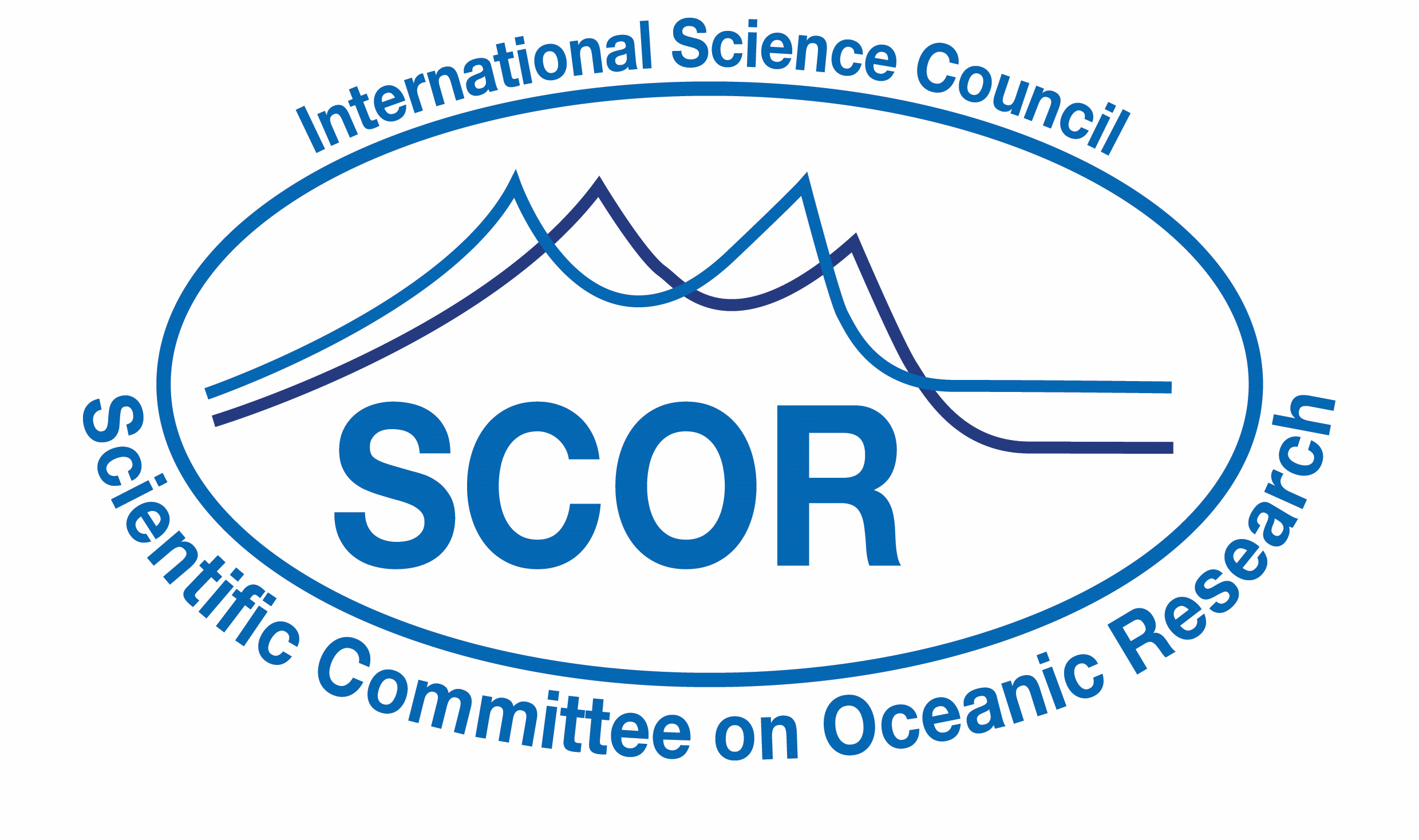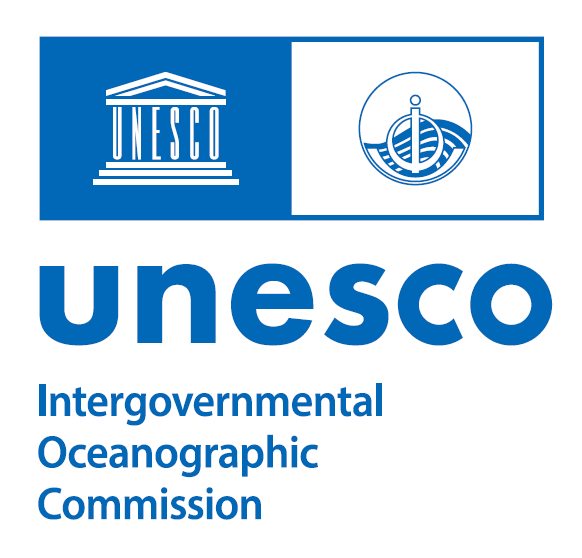8 - 11 October 2019
Puerto Varas, Chile
Fish-killing algal blooms are of increasing concern to socio-economic interests linked to the sustainability and security of seafood and living resources. Development of fisheries and aquaculture as part of integrated coastal resource management are particularly susceptible to the threat of ichthyotoxic events and their consequences.
Whereas these events are categorized as “fish-killing”, there are associated impacts on other components of coastal marine ecosystems, including wild fish populations, benthic macrofauna and macrophytes. Outside the aquaculture and fisheries industry sector, there has been inadequate consideration of fish-killing algae and the topic has not been systematically addressed within the scientific community on a global basis.
Known ichthyotoxic marine algae are usually identifiable as causative organisms, but there remain taxonomic and biogeographical uncertainties in the distribution of the species. The role of climate change leading to regime shifts and hence possible increased frequency, magnitude and biogeographical distribution of fish-killing algal blooms poses a challenge to understanding the future ocean.
Knowledge of the environmental factors driving bloom dynamics are not fully understood, and this has hampered the development of predictive models for forecasting and risk assessment of fishkilling events. Even the proposed mechanisms whereby exposure to such blooms causes fish morbidity and mortalities are highly controversial and lack scientific consensus. Furthermore, there is only limited application and lack of standardization of current fish- or cell-based bioassay methods for assessing ichthyotoxicity.
The Advanced International Colloquium and Technical Workshop, under the auspices of the IOC-IPHAB and as part the GlobalHAB science agenda, with the support of the government of Chile through CORFO and the collaboration of CREAN-IFOP, will comprehensively address these gaps in knowledge and will yield a synthesis of current state-of-knowledge linked to strategies for technological and scientific approaches to mitigating the impacts. As a way to strengthen the relationship with the local community, part of the considered activities in this Colloquium, a set of talks oriented to decision makers, professionals, academics and the general public, has been included.
Local organizers: Leonardo Guzmán (This email address is being protected from spambots. You need JavaScript enabled to view it.), Jorge Mardones Óscar Espinoza
The final agenda can be found files/Fish-Killing-WS_Programme_FINAL.pdf
On Thursday, October 10 at 14:30 (local time), an Open Conference "Status of fish kills and its impacts in a changing environment" will be offered on streaming at the URL
https://www.facebook.com/1871967802832922/videos/1254975338037553/

